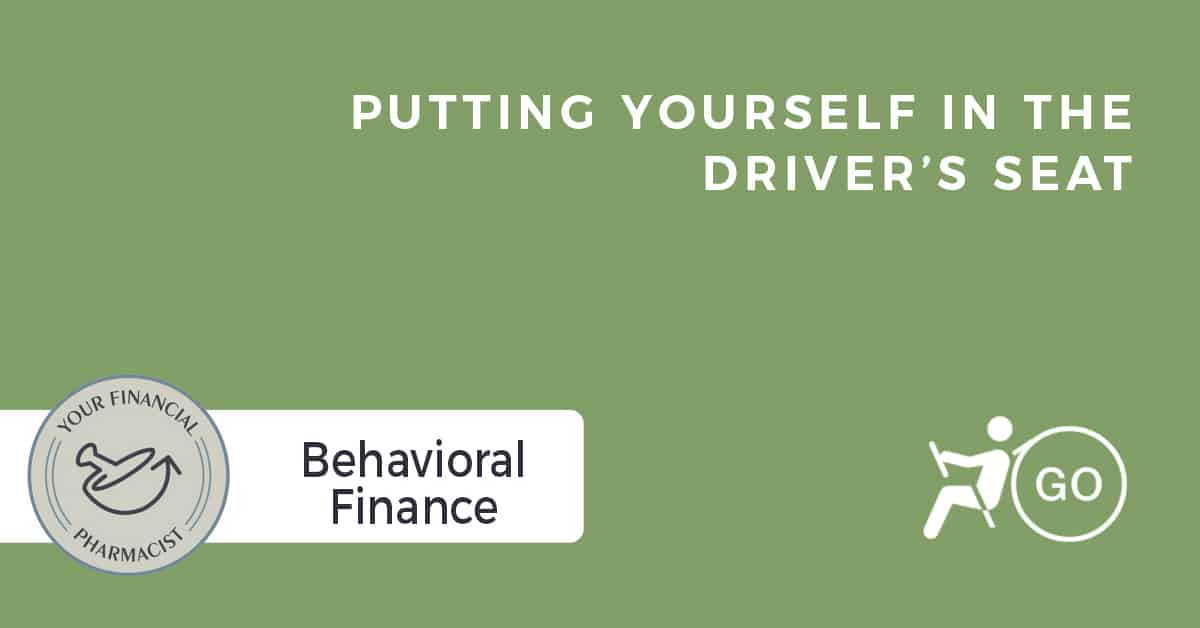The past couple days have been a nice, yet unexpected, change of pace for me. Because of a work trip being cancelled, I was able to travel with Jess and the boys to Buffalo for a few days to see my family and work remotely. It is rare that I have the chance to see my family during the workweek, which means I get to observe first hand what my brother and dad do each and every day.
To sum it up, they are rock stars. They hustle every day, are well respected by the community in Buffalo and are doing work that is making a difference.
My dad is the Executive Director of the Center for Entrepreneurial Leadership and Assistant Dean at the University of Buffalo. After leading a successful business of his own, he is using his role at the University of Buffalo to provide hundreds of small business owners with the tools they need to see their dream and vision come true. I am a believer that small business is the lifeblood of our economy and my Dad is making a mega impact for the good in this area.
My brother is the President of Buffalo Manufacturing Works, an unbelievable enterprise for innovation that landed a $45 million grant from the Governor of New York as part of the Buffalo Billion initiative. He is playing an important role in rewriting Buffalo’s story of a beat up City that was in its’ prime back in the early 1900s (with a struggling economy that never recovered from the Great Depression) to today where the city is booming with initiatives to grow the economy and bring business and people back into the City. In Buffalo, everything is moving in the right direction except for my beloved Buffalo Bills.
So, this article is about my brother and his journey to his role as President of Buffalo Manufacturing Works. Yesterday, I got to spend some time working in his office. Seeing him in his own element reminded me of his journey and how it can inspire all of us as we work on writing our own story.
Hang with me; you will see the financial connection soon.
My Brother’s Journey Up the Ladder
My brother, Mike, is 33 years old and graduated from Lehigh University with an engineering degree. He quickly landed a job with JP Morgan Chase in New York City and because he hustles like nobody else and has a crazy amount of talent, he worked up the corporate chain in 10 years; faster than most would in their entire career. Before the age of 30, he was in a Vice President role with JP Morgan that took him from New York City to London where he was responsible for bringing on big time (“ultra-high-net-worth”) Nordic clients. He was killing it.
Sounds pretty posh, right?
Some may have looked at his job from the outside thinking it was a dream. Big title, lots of travel, well respected within the company and well on his way to a crazy successful career.
Re-Defining Success
I remember coming home for Christmas one year and for the first time Mike hinted that he didn’t love his job. The passion wasn’t there. Yes, he was good at it. Yes, he was making good money. Yes, he could continue on this path and retire by the age of 50, if not earlier, if he wanted to.
The hard reality hit him that this wasn’t for him anymore.
It wasn’t fulfilling and he didn’t see himself doing this for the rest of his career.
Later that year, we met for vacation in the Outer Banks and he started talking about the idea of a career change. We stayed up late one night talking about where and what and how. To be honest, it seemed overwhelming to me but I knew if someone was going to make it happen, it was Mike.
Time To Make the Move
Mike, being the person he is, decided a month or so after our trip to the Outer Banks that he was going to tell JP Morgan he was leaving. He did it. I’ll never forget when he told us he made that decision and that he and his family were going to be leaving London to head back home to Buffalo without a plan in place. No job lined up.
He wanted to take the time to reflect on the next step in his career before jumping into something new.
Here he is at the age of 30, married with a baby girl and he is walking away from a career that others would die to have. I respect him for that decision more than he will ever know. That takes guts to recognize and admit to yourself that you aren’t doing the work you dreamed about doing even in the reality where doing nothing is a whole lot easier than doing something. He had the guts to search deep to face that reality.
Being in the Driver’s Seat
So what does this have to do with personal finance? Everything.
See, achieving financial freedom is about freedom, not about being rich. Getting your finances in order puts you in the driver’s seat to make a decision that is best for you and your family rather than letting your financial situation direct what you are doing.
Having your financial house in order put’s you in the driver’s seat.
Because my brother had a solid emergency fund in place, was well on his way to saving for retirement and beat down his student loans, he was in a position to make this decision.
He could afford to resign from JP Morgan and take 6 months off to figure out what he wanted to do next. Taking that time (and having the financial flexibility to do so) allowed him to land the job that he has now. Without that financial plan in place, he would have had two options: (1) stay at JP Morgan and grind it out despite knowing it was time to go, or (2) leave, but rush into a new job because the income was needed.
Are you in the Driver’s Seat?
I know there are some pharmacists reading this that are not thrilled about the work they are doing. Or maybe there is someone reading that wants to stay home to be with a child or take care of a sick parent but can’t do so because of the financial constraints. Or maybe someone else is reading that has a dream about doing something different altogether whether that be a different part of the profession, starting a business, or going back to school.
The reality is that it doesn’t matter why you want to make a change. Rather, what matters is putting yourself in a position to do so in case that day comes.
Here is the gut check: If you have ever started having a conversation with yourself about doing something different for whatever reason but have found yourself squelching that internal desire because of financial worries or constraints, you probably aren’t in the driver’s seat financially. Rather, your financial situation may be controlling you more than you realized.
I’ve talked a lot on this blog about paying off debt, getting an emergency fund in place and saving for retirement. This story of my brother is an example of why it is important to take the steps to ensure you have a solid financial foundation in place.
In my opinion, there are 4 important steps you can take to ensure that you are in the driver’s seat when it comes to your finances.
- Get out of debt. The hard reality is that if you are buried in debt, with very little savings and no emergency fund, you are not in the driver’s seat. I get it. Many pharmacists are in that position coming out of graduation. I was. But it doesn’t mean you need to be there long. If you are dragging out student loan payments, it may be time to think about getting rid of those sooner rather than later.
- Save up for a rainy day. If you want to have flexibility in making a job move such as Mike did, you may want to save up for a super rainy day (e.g., 6-12 months instead of 3-6 months).
- Get serious about saving for retirement. Because so many new pharmacy graduates are swimming in student loan debt, I’m concerned retirement savings are going to be delayed for many pharmacists which means either having to play catch-up or working longer. The earlier you can get out of high-interest debt to save for retirement, the better.
- Live off less than you make. This is the key to make the first three items listed above a reality. This is especially important for new graduates to consider before adjusting up the lifestyle (and the expenses that come along with that lifestyle). If you can live off 50-75% of your income, two amazing things will happen. First, you will be able to get out of debt, build an emergency fund and save for retirement at a lot faster rate than if your expenses equaled your income. Second, in the event of a job change, move, period of unemployment, wanting to go part time, or any other situation that requires a big change; your ability to make this change will be a lot better knowing you don’t have to replace your full income.
Your Financial Homework
So, are you in the driver’s seat or at least working on a plan to get yourself in the driver’s seat? What is one thing that you can do this coming month to put you on the path towards getting in the driver’s seat? Maybe it is continuing to build that emergency fund or pay a little extra on that student loan. Get started today!
Join the YFP Community!
Recent Posts
[pt_view id=”f651872qnv”]




